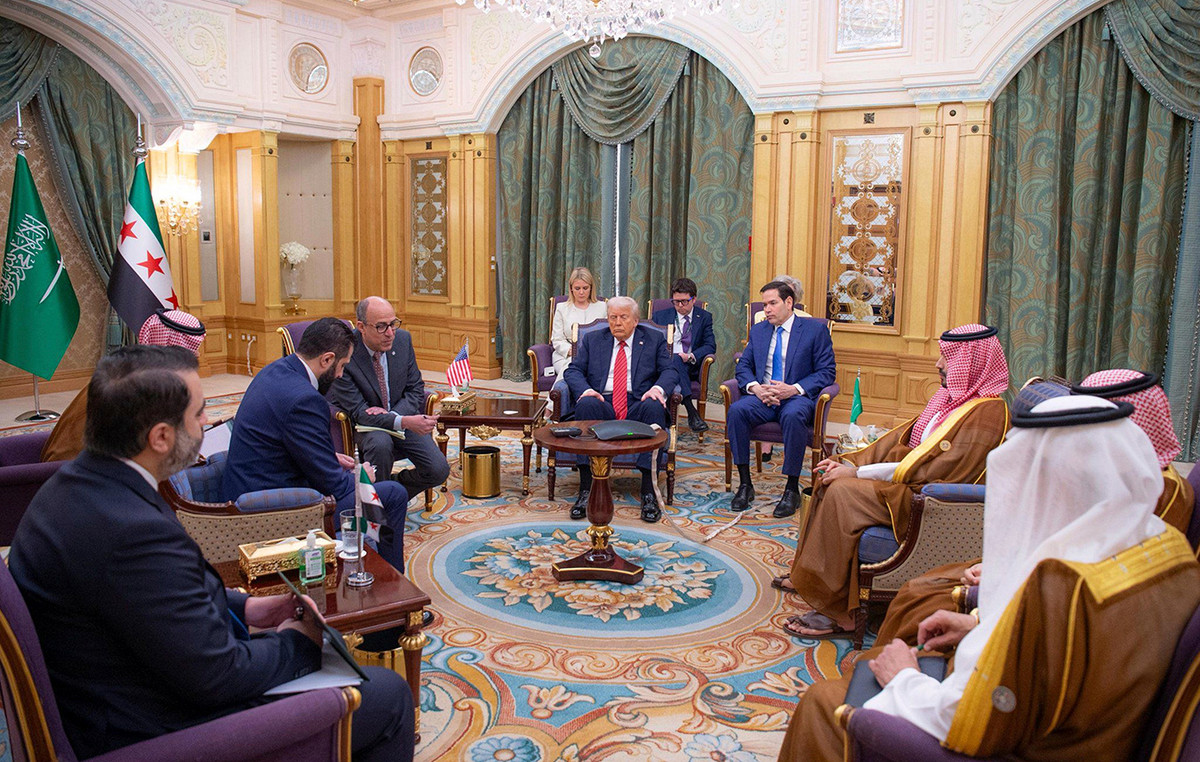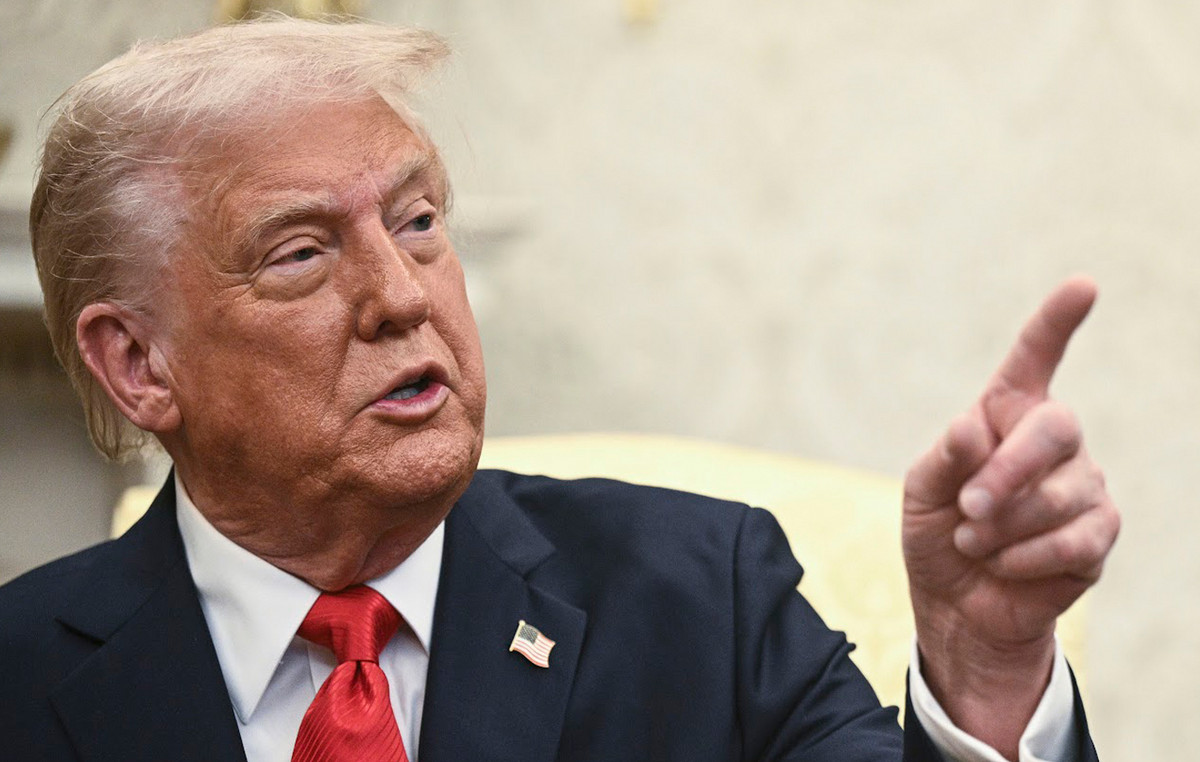It’s been about six months since we first heard Meta CEO Mark Zuckerberg’s delusional dream about a beautiful metaverse. But the metaverse can be much more than one man’s quest for control of our virtual lives.
Most would agree that the metaverse could be a series of connected virtual environments that resemble and function similarly to our physical world; or, an immersive three-dimensional version of the network. And we have a sense of what that will be, because many of its components already exist: social interactions, economic interactions, which are features of a future metaverse that are not new.
What’s New in the Metaverse? Separate apps can connect in a seamless experience. You probably already engage in several metaverses every day. Our discrete virtual spaces of today can become a virtual universe tomorrow. The three-dimensional environments of modern games, the connectivity of social networks and the commercial power of e-commerce can all be in one continuous space accessible to everyone on Earth.
The dream is very much alive — if that dream is a herd of tech companies racing to profit. For Meta, Microsoft and other Big Techs, this vision of the metaverse represents a huge opportunity, specifically, the chance to be a platform not just for gaming or social networking, but for life itself: a place where we work, learn, earn and spent; a kind of operating system for our digital lives.
And why can this happen now? Covid-19 has broken new ground in relation to our digital comfort zones. Many more people are now comfortable living online.
But for a true metaverse to happen, it will need to include two resources: money and freedom.
Let’s start with the money. To thrive, the metaverse will need to function similarly to a real-world economy. Like the real world (at least in any capitalist society), it will have to encourage individuals to participate and develop the economy. And we are already seeing the first signs of that.
But what we still need for this second key component of this metaverse promises to work: more specifically freedom, or at least interoperability. It’s no use making magic money on the internet if you can’t spend it wherever you want — online or offline. And that goes for all the other forms of capital you build online as well: your social capital (friends, connections, followers), and your possessions, your stuff.
Why buy clothes if you can’t wear them outside the store? Why buy a Birkin bag if you can’t show it off in the metaverse? Or wear my Fortnite game uniform? Or at a Lil Nas X concert on Roblox? I bought this. I have that. It’s mine.
Also, I should be able to sell the items wherever I want. The freedom and, frankly, convenience of decentralization and interoperability were promised not only by the metaverse, but also by Web 3.0.
In the promise of the metaverse, and in these metaverse hints that currently exist on platforms like Roblox, Twitter, FIFA, World of Warcraft, or even the app store, users can build the worlds they want to live in — and that has to be a world. This is in stark contrast to today’s closed digital silos or walled gardens.
That’s the real potential here. The metaverse needs to be a reasonable facsimile of the real world where I can spend my money and wear my Adidas wherever I want. Not only will it remind us of the physical world, but the best version of the metaverse will adopt and sync with the best elements of our offline lives.
What is also familiar? The risks. Just like in the physical world, freedom is easily lost and our lives are easily manipulated. No human-built metaverse will be void of the human instinct to want power, and that power can be enormous.
So who has the vision, the resources and perhaps the arrogance to want to be our “scientific God”? To believe that they could be the most powerful person on Earth?
A guess. The company formerly known as Facebook.
Editor’s Note: Scott Galloway is a professor of marketing at New York University’s Stern School of Business, as well as a writer and podcast host. The opinions expressed in this comment are his.
original link: https://edition.cnn.com/2022/04/12/perspectives/metaverse-scott-galloway/index.html
Source: CNN Brasil
I am Sophia william, author of World Stock Market. I have a degree in journalism from the University of Missouri and I have worked as a reporter for several news websites. I have a passion for writing and informing people about the latest news and events happening in the world. I strive to be accurate and unbiased in my reporting, and I hope to provide readers with valuable information that they can use to make informed decisions.







